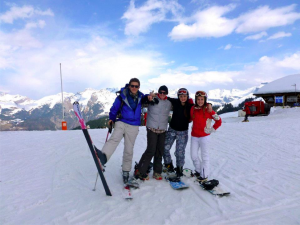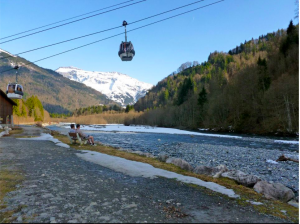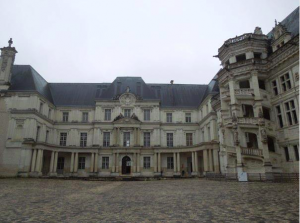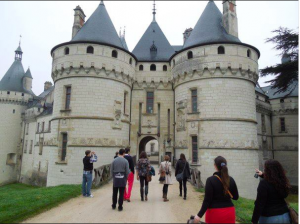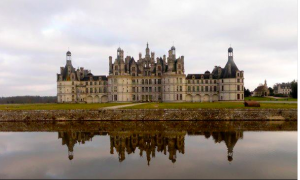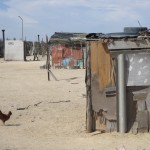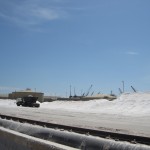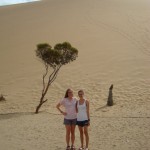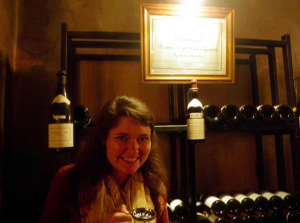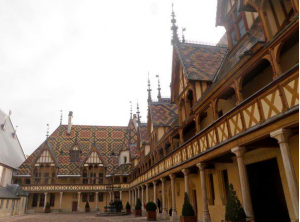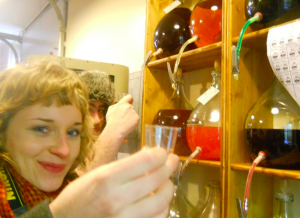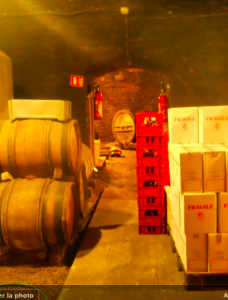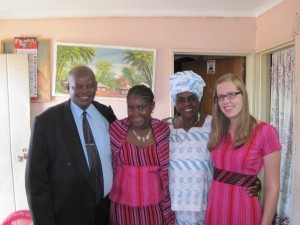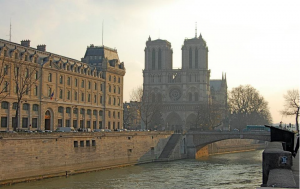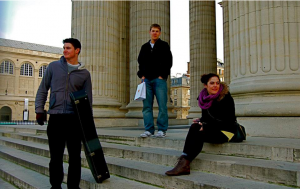I talked a lot about Senegalese Teranga. How welcoming and open and caring their culture is. Well as it turns out the Senegalese Teranga has been following me throughout my voyages. After the study abroad program I went to Europe and I am currently in a weird limbo position in the Sea/Tac airport waiting for my last short flight into Kalispell, MT. I’m so close to UPS I can smell it.
Way back when in August I decided that I wanted to travel to Europe after Senegal. I was going to spend Christmas time with my old exchange student sister and her family. Afterwards I was going to… bum around Europe. At first I was quite apprehensive when thinking about travelling Europe while still in Dakar. All the other students were thinking about peanut butter, bagels, waffles, and real yogurt and hugging their mom and dad while I had three more weeks to wait. After three and a half months Senegal had become my home. I had a comfort zone there. But as I pushed the thoughts of leaving far back in my mind the time crept up on my when I had to go. Leave one homey place but not go home like the rest of them. I was a little jealous. Although I have been mentally ready to go home for quite a while now, I am glad I didn’t. I’ve had a lot of long train rides to think and process without interference and I’ve had more than my fair share of fun.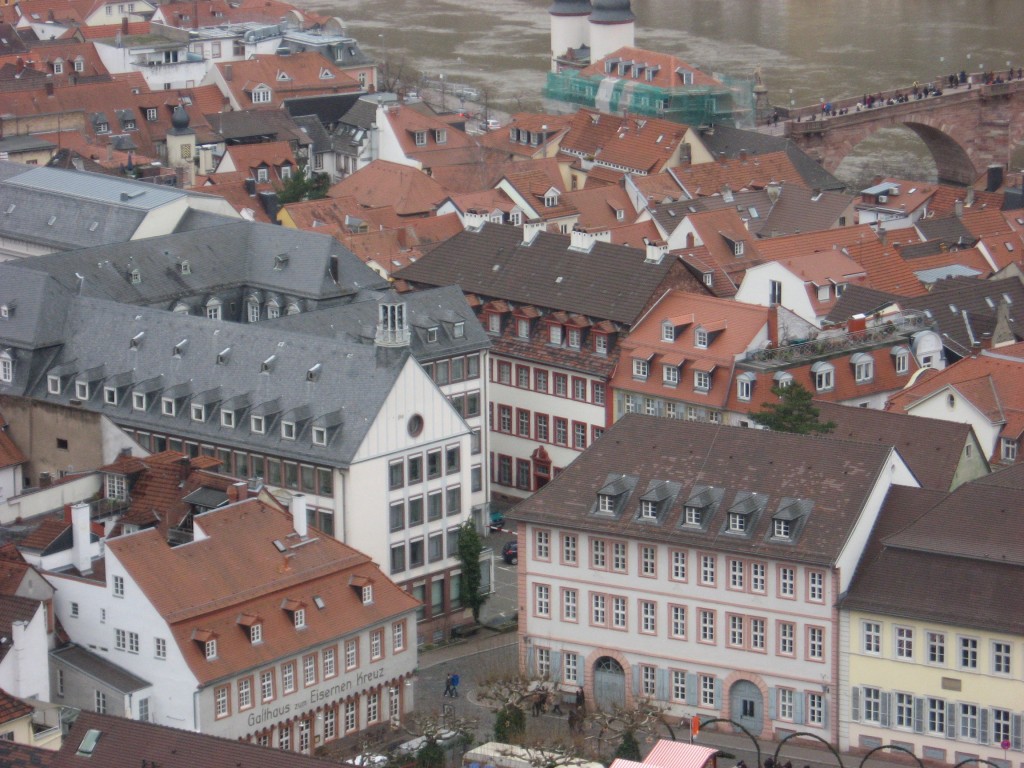
I visited three countries on my whirlwind tour. First stop was Germany, a little village (willage as they say) called Konigsbach in SW Germany. My German sister was gracious, happy, and fun as always. She welcomed me into her family with a rose at the airport. She spent a lot of her time translating everything for me as “Ich spraken nicht Deutch”. The best part of my time with them was playing music again.
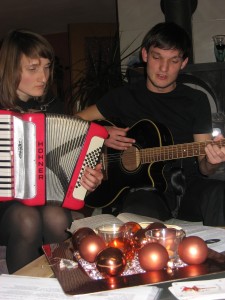
Guitar, bass, piano, ukulele, accordion, egg shaker, box drum I was once again in a musical house hold loud, crazy, and rambunctious. Christmas went on for two days. Singing carols, eating cookies, going to Christmas markets, and bestowing gifts (all of the gifts I gave seemed to be ‘Africa’ themed). After a beautiful day at the Heidleberg Schloß (not shlob as I learned but, schlass…) castle I left the grey, quaint, German villages and my new German family to meet up with my real family.
Well sort of, they are blood related. It just so happened that my mom’s cousin and his family with second cousin’s my age were travelling around Europe for the holidays and were staying in Barcelona for New Years. I invited myself right on over. I took my first RyanAir flight. Since my backpack was too big I stuffed my jacket pockets with 2.2kg of stuff and went through security looking like a burglar. Even though my plane went to a town called Girona (not actually Barcelona) I eventually got to the city center and there was my family peeping down from the metro stop. They had warned me that the apartment they had been renting was noisy but I had no idea it was in the hubbub of Barcelona. On my 5 minute walk to the apartment I saw a man on stilts, crazy face paints, stores of ridiculous clothes, jewelry, and lingerie. After two days of apartment life in Barcelona we up and moved to my second cousin’s old host family (from his high school days). This is where I was once again introduced to a family that took me in as one of their own. They shared their food (flounder, mushrooms, and pork! So much pork), their home (they gave me a key and the code for entry), and their Catalonian traditions (eating 12 grapes on the 12 dongs of the clock on New Years Eve).
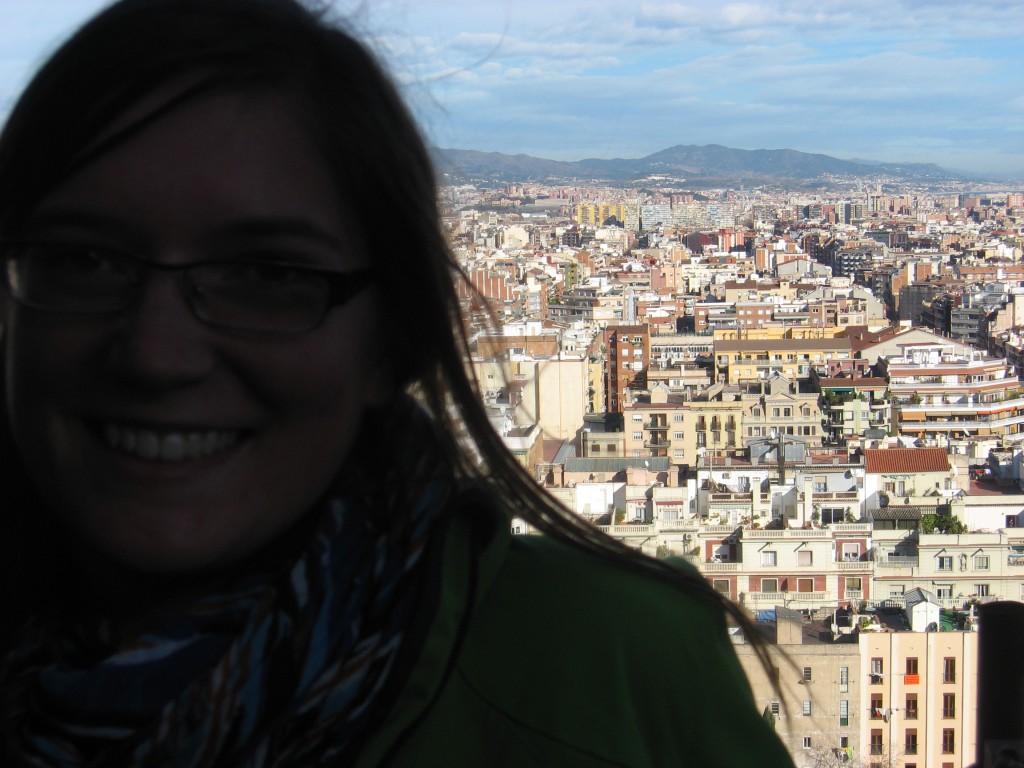
Finally I took a train to the South of France where I had set up a week long work away position. Workaway.com for those of you who are new to it as I was is like WOOFing. Both are organizations that exchange room and board for service usually on a farm but with workaway not always. This I found was an incredible way to travel. I lived in my own round straw-bale hut for 6 days. I lit a fire in the wood stove every night. I ate pumpkin and green salads, I rode my bike to go pick leeks, I helped keep the bees, painted a machine, pruned some trees, installed a window, and did various odd jobs for an off season farmer who has endless projects. I hiked up to a ridgeline that overlooked the Pyrenees mountains, I swung on a swing over a terraced garden and had a general blast.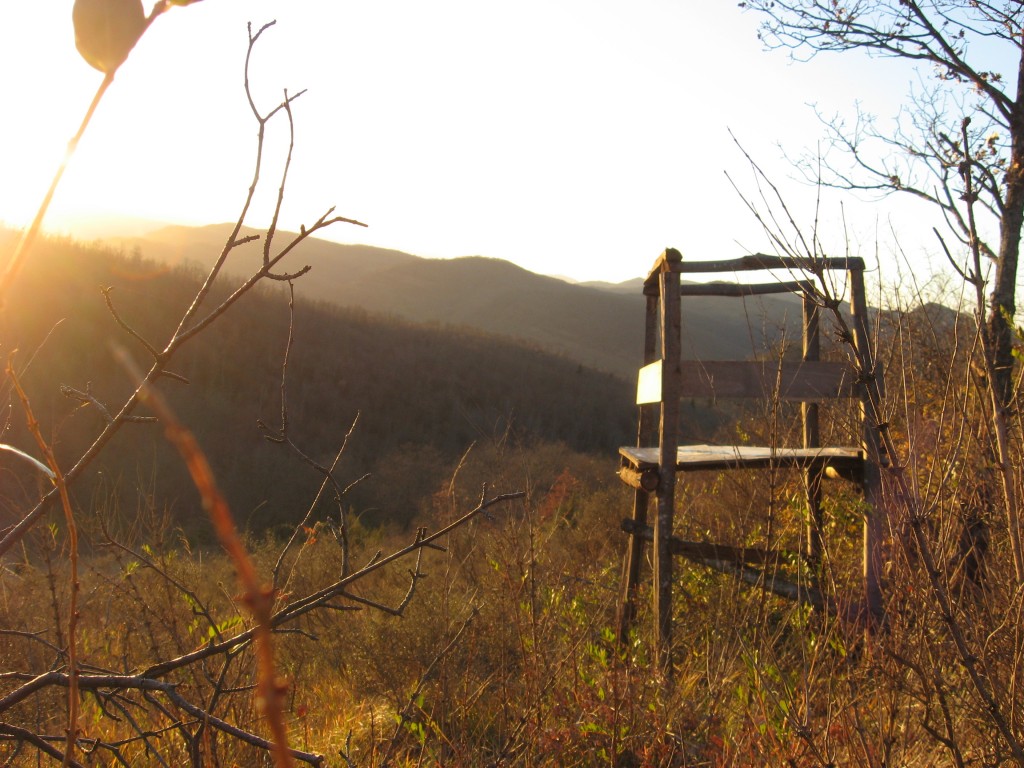
My final journey home included one night stays in a number of places. First day I hitch hiked (easily done where I was) to Carcassonne from where I got a train back to Germany, plane to Paris, and now today. Seattle. I got out of the airport for my 9 hour layover and visited my dear brother who is finally going to school on the same coast as I am. In T-3.5 hours I will be hugging my parents once again!

